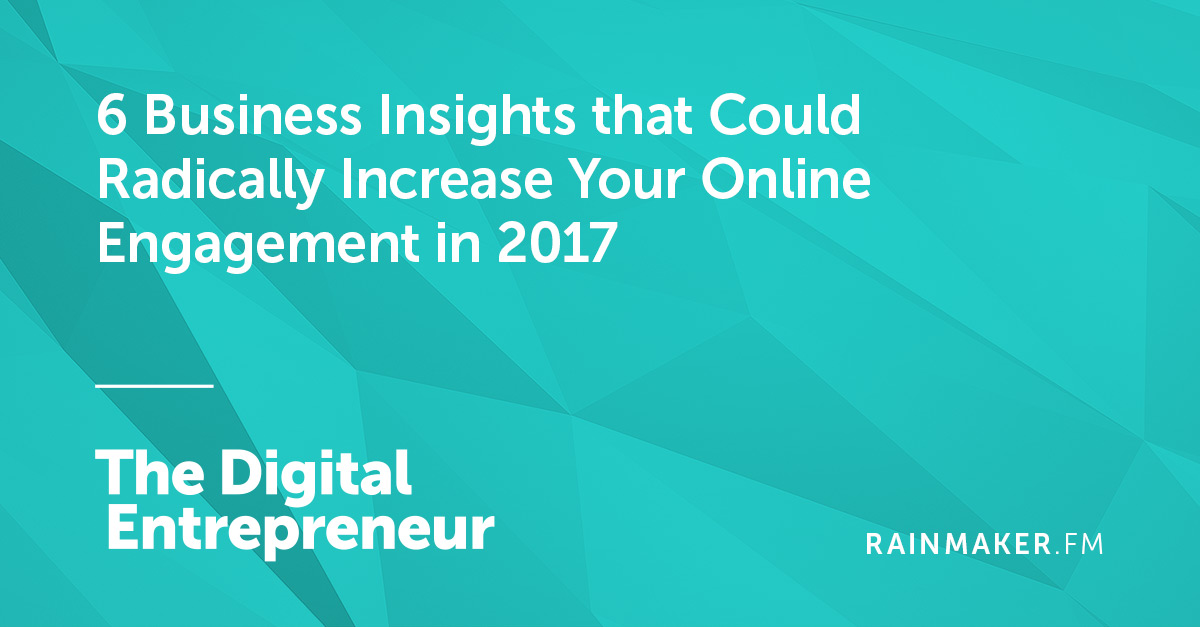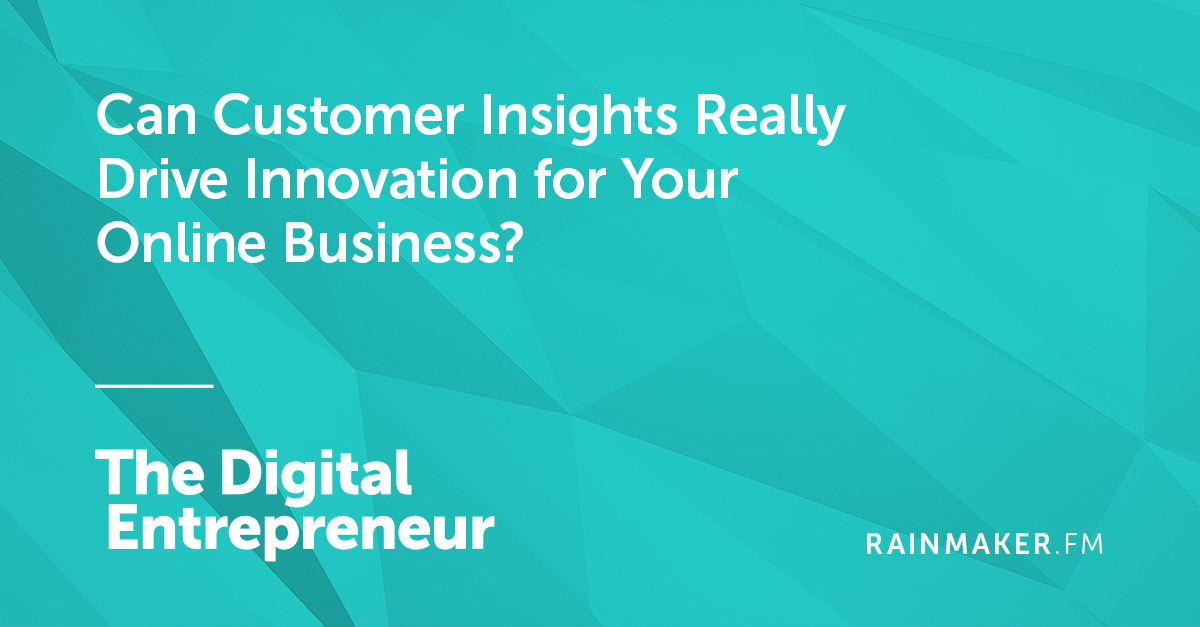Listen to PODCAST by The Recipe for SEO Success
So today we’re talking all about content marketing, how to use blogs, videos, graphics and other media to increase sales, improve customer loyalty, drive awareness and get a better return on your investment.
it’s a pretty big subject and can sometimes feel a little overwhelming, but don’t worry we’ve got ten simple tactics you can start using today.
So if you want to learn and how to stimulate more interest in your products and services and build rapport and authority with your customers, this is the show for you.
- What content marketing is
- What benefits content marketing has for your business
- Kate’s five favourite content marketing hacks
- James’ favourite content marketing hacks
- Content marketing tips and advice
Website: http://www.therecipeforseosuccess.com
https://therecipeforseosuccess.libsyn.com/content-marketing-10-easy-tactics-for-beginners





